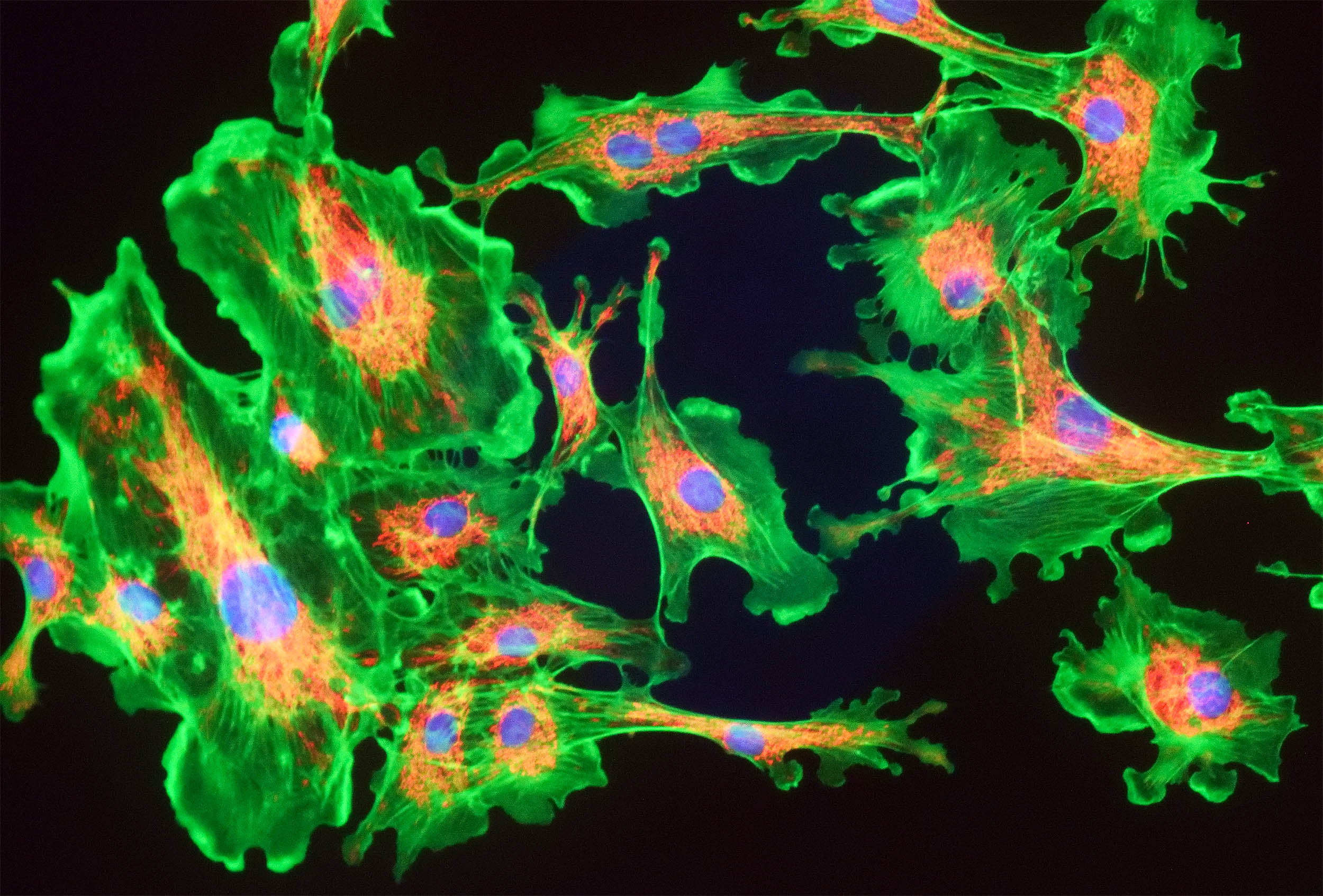Juliana Belo Gutierrez/iStockphoto/Getty Images Preteens using increasing amounts of social media perform poorer in reading, vocabulary and memory tests in early adolescence compared with those who use no or little social media. That’s according to a new study that suggests a link between social media use and poorer cognition in teens. The findings are published in JAMA. “This is a …
Read More »Tag Archives: memory
Young techie thought his stress, memory lapses were due to work burnout. But it was one common vitamin deficiency, finds Hyderabad neurologist
If you’ve been feeling foggy, forgetful, or constantly moody and brushing it off as “just stress,” you might want to think again. A Hyderabad-based neurologist, Dr Sudhir Kumar, recently shared a real-life case that proves how what we often dismiss as burnout could actually be a serious health issue hiding in plain sight — a Vitamin B12 deficiency. And the …
Read More »What You Choose to Remember Shapes Memory More Than Emotion
Summary: A new study reveals that intentional memory control—deciding what to remember or forget—is more powerful than emotional influence when forming long-term memories. Participants were more likely to recall words they were told to remember than those carrying emotional weight, even though emotion sometimes strengthened recall or caused false memories. Interestingly, sleep itself did not enhance memory performance, though certain …
Read More »Assassin’s Creed Mirage Valley of Memory Launches for Free on November 18
Assassin’s Creed Mirage is celebrating its second anniversary with the announcement of Valley of Memory, a free story expansion for Assassin’s Creed Mirage launching November 18. What is Assassin’s Creed Mirage Valley of Memory? Valley of Memory is a free major update for anyone who owns Assassin’s Creed Mirage, offering up to six hours of additional gameplay and story. Taking …
Read More »A 19-year-old nabs backing from Google execs for his AI memory startup, Supermemory
Context windows of AI models, which indicate the ability of a model to “remember” information, have increased over time. However, researchers have suggested new ways to increase long-term memory of AI models, as they often can’t hold context over several sessions. 19-year-old founder Dhravya Shah is attempting to solve problems in this area by building a memory solution, called Supermemory, …
Read More »Do You Get Déjà Vu? Memory Glitches Make Time Feel Repeated
Summary: Déjà vu—the eerie feeling that a new moment has happened before—has puzzled scientists and philosophers for centuries. Neuroscientists now believe it’s a normal brain glitch tied to how memory and perception interact. Studies show that brief electrical discharges in the temporal lobe and hippocampus can evoke this sensation, similar to what occurs in mild epilepsy. Psychologists also link déjà …
Read More »A 19-year-old nabs backing from Google execs for his AI memory startup, Supermemory
Image Credits:Supermemory Context windows of AI models, which indicate the ability of a model to “remember” information, have increased over time. However, researchers have suggested new ways to increase long-term memory of AI models, as they often can’t hold context over several sessions. 19-year-old founder Dhravya Shah is attempting to solve problems in this area by building a memory solution, …
Read More »Final Fantasy 7 Remake Part Three won’t be impacted by multiplatform approach, says director, despite Xbox’s problematic “lack of memory”
Final Fantasy 7 Remake trilogy director Naoki Hamaguchi has stated the multiplatform approach for Part Three won’t impact development “whatsoever”. With Remake Intergrade heading to Switch 2 and Xbox consoles next year, Square Enix confirmed the full trilogy would be multiplatform. That said, we don’t yet know the release date for Rebirth on Switch 2 and Xbox, and it’s unknown …
Read More »The #1 Activity to Boost Your Memory, According to Doctors
Cognitive training boosts memory and thinking skills through regular, targeted practice. Progressive, challenging exercises help your brain remember information and improve everyday recall. Memory games, brain teasers and learning new skills are great ways to train your brain. You walk into a room and forget why you’re there. Names evaporate right after introductions. We’ve all been there before. It’s frustrating, …
Read More »Memory loss is reversed by ‘activating’ the mitochondria in the brain
A French and Canadian team used a molecular switch to boost energy production from mitochondria inside brain cells, restoring memory in mice with dementia-like symptoms. The work links energy failure in neurons to cognitive problems and points to a new target for therapy, as shown in a recent study. The brain burns through fuel quickly, and trouble starts …
Read More »







:max_bytes(150000):strip_icc()/The-1-Activity-to-Improve-Memory-Retention-cbe3fc28766e48b2a05ba74a107c76d7.jpg)
